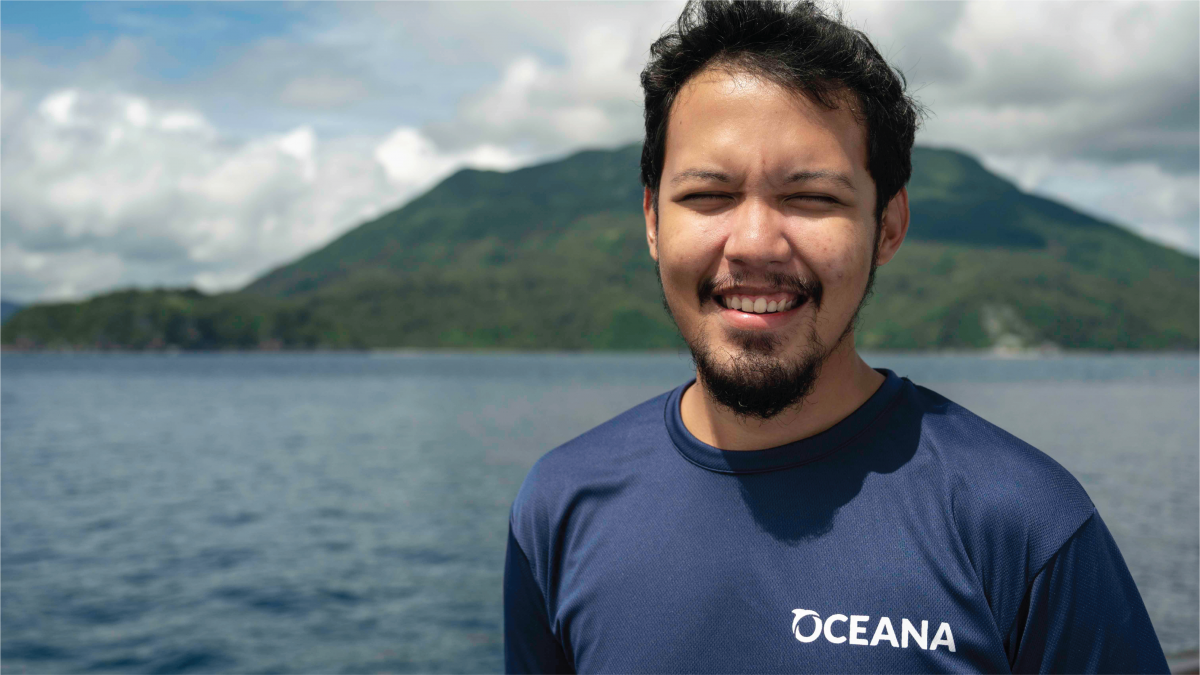November 6, 2020
Scientist Spotlight: Kent Sorgon
Dive deep into the minds and hearts of our scientists on board MV Discovery Palawan. For our third issue, we are featuring the Expedition Team’s reef fish ecology and taxonomy expert, Kent Sorgon.

Kent Elson Sorgon
MSc Zoology, UP Los Baños
Minor in Marine Science, UP Marine Science Institute
What made you decide to become a marine scientist?
My decision to become a marine scientist and pursue ichthyology (the study of fishes) came from my endless fascination with the sea. It was only until college that I realized that a career path as a marine scientist exists, so I gambled on luck and applied for a job in UPLB shortly after graduating despite not having that much experience. My first job as a research assistant introduced me to SCUBA diving, conducting coral reef surveys, and the numerous kinds of coral reef fishes. Since then, I decided to study reef fish ecology in closer detail and now I am also training to become a systematic ichthyologist to better understand the diversity of reef fishes and how this diversity came to be.
What’s the best part about being a marine scientist?
The best part is getting to explore the underwater world through the lens of science. This entails a lot of travel, countless hours of administrative work, and doing and communicating the research that you do to a wider audience. For me, this would mean conducting countless surveys of reef fishes in various parts of the country and sharing what we find through various avenues (social media, academic conferences, meetings with LGUs, etc.). All of this has given me tremendous amount of experience that has shaped me into the ichthyologist that I am today.
What advice can you give to aspiring scientists?
My advice to young and fellow scientists draws from E.O. Wilson, who wrote in Letters to a Young Scientist, “[…] put passion ahead of training. Feel out in any way you can what you most want to do […] Obey that passion as long as it lasts. Feed it with the knowledge the mind needs to grow. Sample other subjects, acquire a general education in science, and be smart enough to switch to a greater love if one appears. […] Decision and hard work based on enduring passion will never fail you.” I wanted to become a marine scientist because I liked the sea and its countless denizens – that’s basically it. Find a topic that you really like and contact a kind senior who can mentor you. Train hard with your passion in mind but know when to leave – be it for another topic, another discipline, or for an entirely different profession altogether. The joy of doing science is discovering new knowledge, and this is best done when you like what you do.
